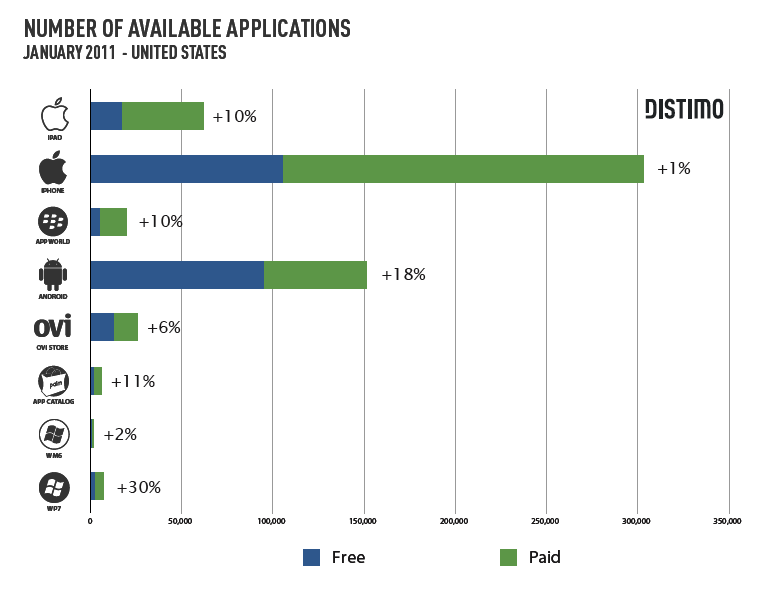Once Condemned Google Now Hailed By Publishers For “One Pass”
Earlier this week Apple introduced its long-awaited in-app subscription service for publishers. As part of that arrangement Apple wants its standard 30 percent cut of iTunes/app revenue. However it threw a bone to publishers by allowing all revenue from subscriptions initiated outside the iTunes environment to be kept by publishers. Many publishers are now angry that […]
Earlier this week Apple introduced its long-awaited in-app subscription service for publishers. As part of that arrangement Apple wants its standard 30 percent cut of iTunes/app revenue. However it threw a bone to publishers by allowing all revenue from subscriptions initiated outside the iTunes environment to be kept by publishers. Many publishers are now angry that Apple wants part of their subscription dollars and wants to get between them and their customers (once again).
Almost like a predator lying in wait, the very next day Google pounced and announced One Pass, an open system in which Google takes only 10 percent and allows publishers access to much more data about users than Apple provides. “Google One Pass is a payment system that enables publishers to set the terms for access to their digital content,” reads the tagline.
It’s another classic Apple vs. Google battle (closed vs “open”), with Google being seen as a much better option by some publishers.
Google’s Great Timing
The Google announcement, roughly 24 hours after Apple’s, seems also like a highly calculated PR maneuver that makes the Google system look very attractive by comparison. Had Google introduced One Pass before Apple or in the absence of any Apple subscription announcement it would not look as sexy I suspect. (Google has been working on the content payments platform for at least a year.) As GigaOM’s Matthew Ingram astutely points out One Pass resembles other online content payment platforms that have met with little or no success in the recent past.
The difference between Google One Pass and pre-existing content-payments platforms is that One Pass will work for tablets and smartphones (“all devices”). It’s not clear, however, whether publishers can use One Pass to generate subscriptions that can then be viewed or accessed via iPad apps, though I assume the answer is “yes.” That would be amusing: Publishers all using Google One Pass to generate subscriptions on their websites that are then consumed mostly on the iPad.
Irony: Google To The Rescue
What’s ironic to me is the way that Google is now being embraced and celebrated for its new publisher-friendly platform when it has been derided and bashed by content publishers and newspapers in particular for allegedly “destroying” their business model. Google has consistently said it wants to support traditional journalism and now is putting its platform where its mouth is, so to speak. Publishers signing on at launch with One Pass include several German publications and US publishers Media General, Bonnier and Rust Communications.
However at the “consumer moment of truth” One Pass might not turn out to be quite as publisher friendly as publishers think. One Pass is “powered by Google Checkout,” which has had mixed success to date in generating revenues for Android developers. Google and carriers have been scrambling to add additional payments options to mollify unhappy developers.
As an aside, One Pass in addition to helping publishers and supporting “quality journalism” serves Google’s longer-term interest in bringing more consumers into its payments fold. That in turn serves multiple objectives for Google including improving Android Market paid monetization.
The Apple Ecosystem
Apple’s iTunes has more than 160 million users in 23 countries, according to Apple in Q3 last year. There’s much less “friction” in iTunes than in the Android market today. There’s also a stronger “culture” of paid apps in the iOS Apps Store, although paid apps are growing on Android. Using myself as a focus group of one, I’ve bought dozens of iPhone and iPad apps but purchased only two Android apps.
Apple’s superior ability to monetize apps for developers (to date) and the “culture” it has created around paid apps among iOS users argues that publishers may find higher sales via iTunes than Google’s One Pass. We’ll have to wait and see of course. But that’s my hypothesis.
Opinions expressed in this article are those of the guest author and not necessarily Search Engine Land. Staff authors are listed here.
Related stories
